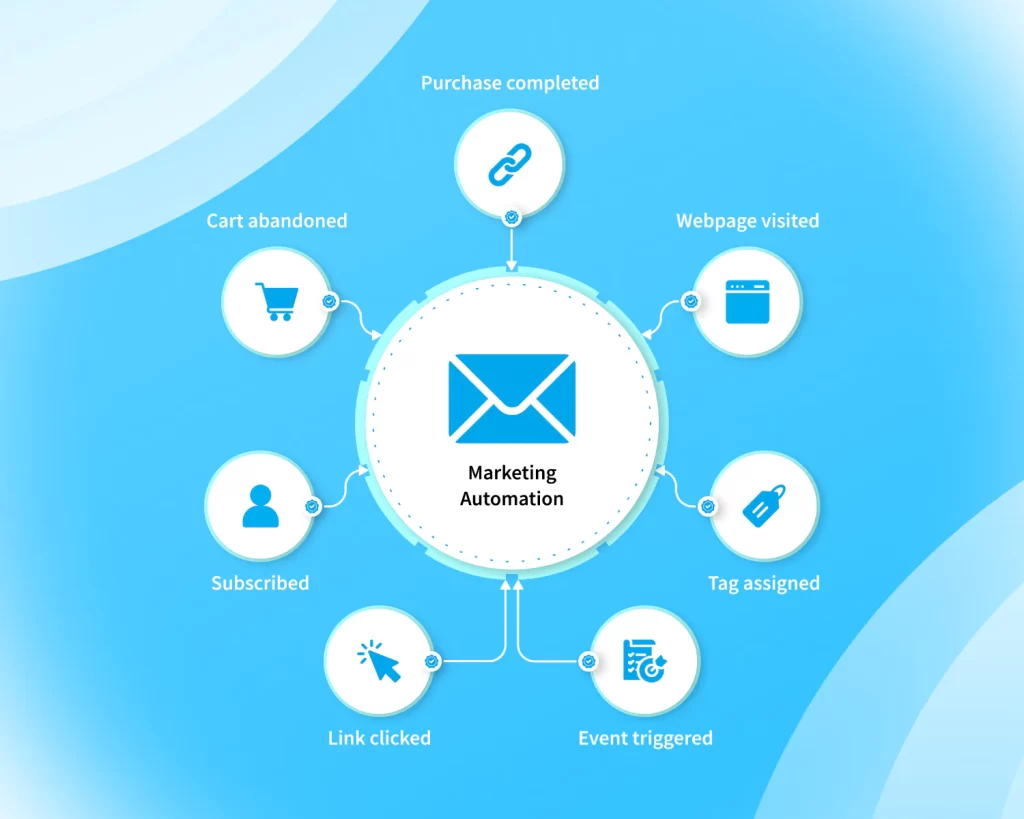Tailoring marketing strategies to individual preferences and behaviors has become a cornerstone of success in the digital realm. As consumers navigate an increasingly crowded online space, the ability to stand out and resonate on a personal level has become a strategic imperative. Personalization goes beyond merely addressing customers by their first names; it involves a sophisticated understanding of their unique needs, preferences, and behaviors. One of the key drivers behind the effectiveness of personalized marketing is the enhancement of customer experience. By analyzing data on customer interactions, businesses can gain valuable insights into individual preferences and habits. Armed with this information, they can create targeted and relevant content, offers, and recommendations that speak directly to the interests of each customer. This tailored approach not only fosters a sense of recognition and loyalty but also streamlines the customer journey, making it more efficient and enjoyable.

Customers are more likely to engage with brands that understand and anticipate their needs, creating a positive feedback loop that contributes to long-term relationships. Furthermore, personalization contributes significantly to the overall effectiveness of marketing campaigns. When messages are crafted the specific needs of the recipient in mind, the likelihood of conversion increases substantially. By leveraging technologies such as artificial intelligence and machine learning, businesses can automate the process of personalization at marketing automation. Automated algorithms can analyze vast amounts of data to predict customer behavior, enabling marketers to deliver highly targeted content and recommendations in real-time. This not only saves time and resources but also ensures that marketing efforts are consistently aligned with individual customer preferences. The rise of social media and e-commerce has further underscored the importance of personalization. Platforms that successfully integrate personalization features, such as tailored product recommendations and customized content feeds, often experience higher user engagement and retention rates.
Customers are more inclined to spend time on platforms that cater to their interests, leading to increased opportunities for brands to connect and communicate with their target audience. In the age of information overload, personalization becomes a powerful tool for cutting through the noise and delivering content that captures attention. In conclusion, the power of personalization in online marketing cannot be overstated. It has evolved from a mere nicety to a strategic imperative for businesses seeking to thrive in the digital landscape. By understanding and catering to individual preferences, businesses can elevate the customer experience, enhance the effectiveness of marketing campaigns, and foster lasting relationships. As technology continues to advance, the possibilities for personalization are boundless, offering exciting prospects for those who embrace this transformative approach to online engagement.